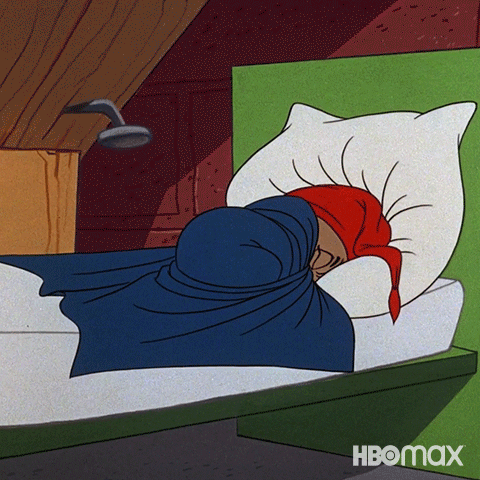



All of us need to sleep. But what is your sleep like? Do you nod off the moment your head hits the pillow, or are you tossing and turning for an hour or more at a time? If you frequently have trouble falling asleep, you could have a sleep problem or a sleep condition and not even realize it.
If you struggle to get a good night’s rest, consider taking our quiz. It can help you assess the quality of your sleep and determine if you have a sleep disorder.
What are sleep disorders? They are a group of conditions that regularly affect the ability to sleep well. Most people experience sleeping problems sometimes, for example, due to stress. However, when these issues become a regular occurrence and influence the quality of your daily life, they might suggest a sleeping disorder.
It’s crucial to seek diagnosis and treatment for your sleeping troubles. If left alone for too long, they might negatively affect your relationships, work performance, and ability to perform daily activities.
There are many types of sleep disorders. We categorize them according to how they impact your daily life, problems with your natural sleep-wake cycles, breathing problems, difficulty sleeping, or how sleepy you feel during the day.
Insomnia is a common type of sleep disorder. It occurs when you have difficulty falling asleep or staying asleep throughout the night. You might also experience sleepiness and fatigue during the daytime.
Insomnia is considered chronic when the symptoms occur at least three times per week for at least three months. Intermittent insomnia happens periodically, and transient insomnia lasts for just a few nights at a time.
According to research, up to one-third of the adult population struggles with some form of insomnia. Some have difficulty falling asleep even when they are tired – it’s called sleep-onset insomnia. Others have trouble staying asleep at night, and it is called sleep maintenance insomnia. When both symptoms occur, we call it mixed insomnia.
Sleep apnea is what happens when your breathing stops and restarts during sleep. Sometimes what causes it is the obstructed or too narrow airway space. Other times, the brain fails to transmit signals to muscles that control breathing.
Heavy snoring, accompanied by choking or snorting during sleep is a common symptom of this condition. Similarly to insomnia, sleep apnea can cause daytime sleepiness, fatigue, and irritability.
Parasomnias are a class of unusual movements and behaviors that occur during sleep. These include sleepwalking, sleep talking, bedwetting, night terrors, groaning, and teeth grinding or jaw clenching. There is also something called the exploding head syndrome. You think you hear an explosion or a loud noise, but the sound is not real, and others can’t hear it. It happens when you’re falling asleep or waking up during the night.
Parasomnias are more common in children, but adults can experience them as well. We can categorize them into three types: NREM-related parasomnias, REM-related parasomnias, and others.
Restless leg syndrome, also known as Willis-Ekbom Disease, is characterized by an overwhelming need to move the legs, throbbing, itching, and other painful sensations in the legs. The symptoms can transpire during the day but are the most intense at night.
Restless leg syndrome might coexist with other health conditions, including ADHD or Parkinson’s disease. There is no cure for this disorder, but lifestyle changes, moderate exercise, and nighttime stretching can help some patients control their symptoms.
Narcolepsy causes people to feel excessively tired and then fall asleep without warning. These “sleep attacks” usually last for a few minutes.
Cataplexy, or a sudden loss of muscle tone that causes people to fall or slump over while nodding off, is a common symptom of Narcolepsy Type 1. With Narcolepsy Type 2, there is no cataplexy, but sleep attacks still occur.
Shift work disorder affects people who work late at night or early in the morning. Sleeping during the day and staying awake during the night can your body’s natural sleep cycle. As the result, you feel very tired at work and struggle with getting enough sleep during the day. The diagnostic criteria for shift work disorder are met by up to 32% of night shift workers and 26% of rotating shift workers.
Non-24-hour sleep-wake disorder is most common in people who are completely blind or have dementia. Their circadian rhythm is either shorter or slightly longer than 24 hours. As a result, sleep and wake times are pushed earlier or later, usually by one or two hours at a time. The circadian rhythm desynchronizes from regular daytime hours over time.
Have you ever experienced sleep paralysis? It is the inability to move that happens after falling asleep or waking up. Individuals remain conscious throughout episodes, which frequently include distressing hallucinations and a sense of suffocation. Sleep paralysis episodes usually don’t last longer than a few minutes, but they can trigger anxiety in some people.
Take our quiz and assess the quality of your sleep. A few simple questions will help you finally get a good night’s sleep! Pass the test to the insomniac in your life to help them out.